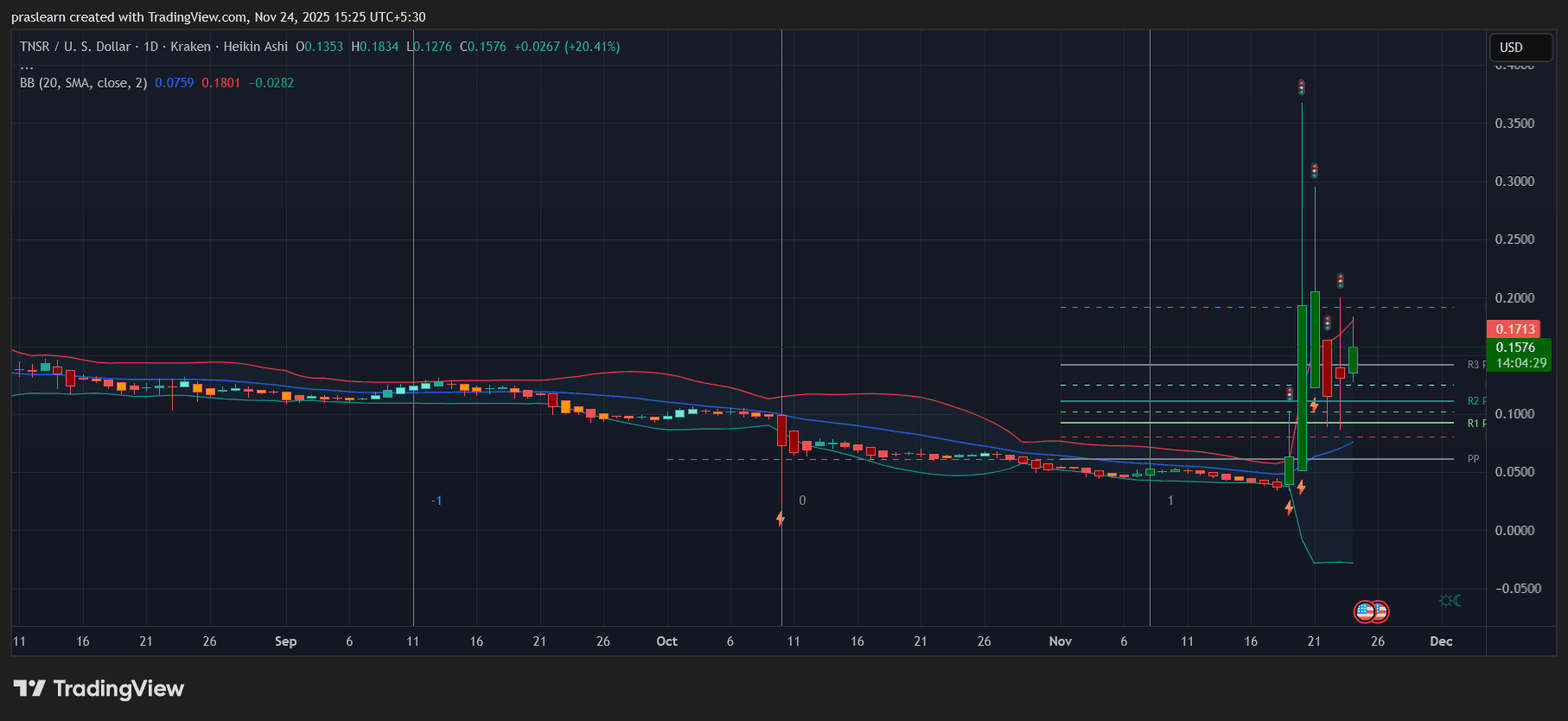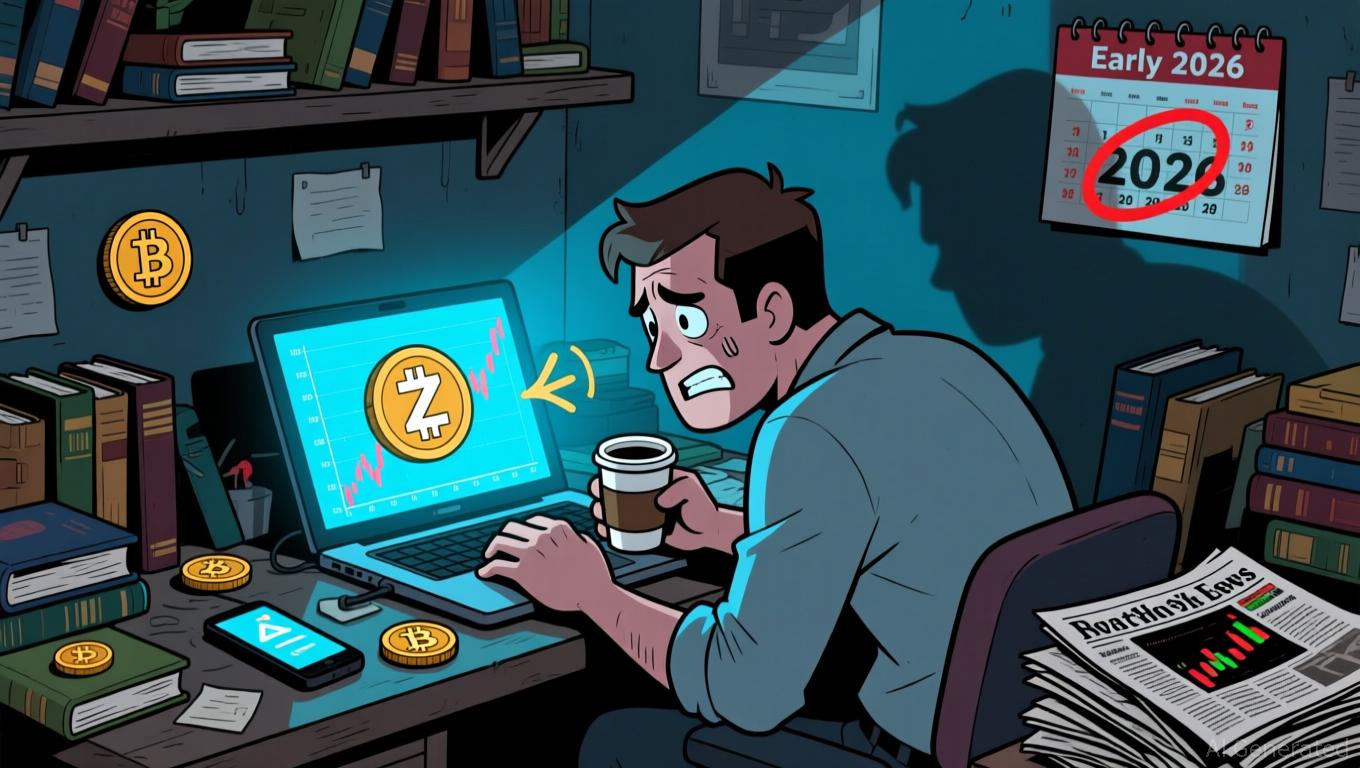Self-replicating worm reveals vulnerabilities in open-source cryptocurrency security
- Aikido Security discovered a self-replicating worm called Shai Hulud infecting 400+ npm packages, including critical crypto tools like ENS-related libraries. - The malware autonomously steals credentials from 25,000+ repositories, with one infected package having 1.5 million weekly downloads. - Security experts urge immediate mitigation: clear npm caches, rotate credentials, and revoke classic tokens by December 9. - The attack exposes systemic vulnerabilities in open-source ecosystems, threatening both
An extensive JavaScript supply-chain attack has compromised hundreds of software packages, including at least 10 that are heavily relied upon in the cryptocurrency sector,
This malicious software autonomously spreads through developer environments, collecting confidential data and uploading it to the affected users' GitHub repositories.

Experts in cybersecurity stress the need for immediate countermeasures.
This incident exposes the risks inherent in open-source software, where a single tainted package can jeopardize thousands of dependent projects.
Disclaimer: The content of this article solely reflects the author's opinion and does not represent the platform in any capacity. This article is not intended to serve as a reference for making investment decisions.
You may also like
What Altcoins are showing bullish momentum?

Grayscale Just Launched an XRP ETF
Monad Mainnet Is Now Live: What It Means for the Future of Blockchains
Zcash Latest Updates: Institutional Investments Versus Technical Alerts—The Unstable Status of Zcash
- Zcash (ZEC) has fallen ~30% from its $750 November peak, with a $18M institutional investment boosting resilience amid broader crypto sell-offs. - Technical indicators show a fragile market, with ZEC trading in a symmetrical triangle pattern and key support levels at risk of breakdown. - Short positions and macroeconomic uncertainties, including Fed policy shifts, highlight growing bearish pressure despite stable retail demand. - Analysts remain divided, with some bullish on ZEC’s long-term privacy coin
